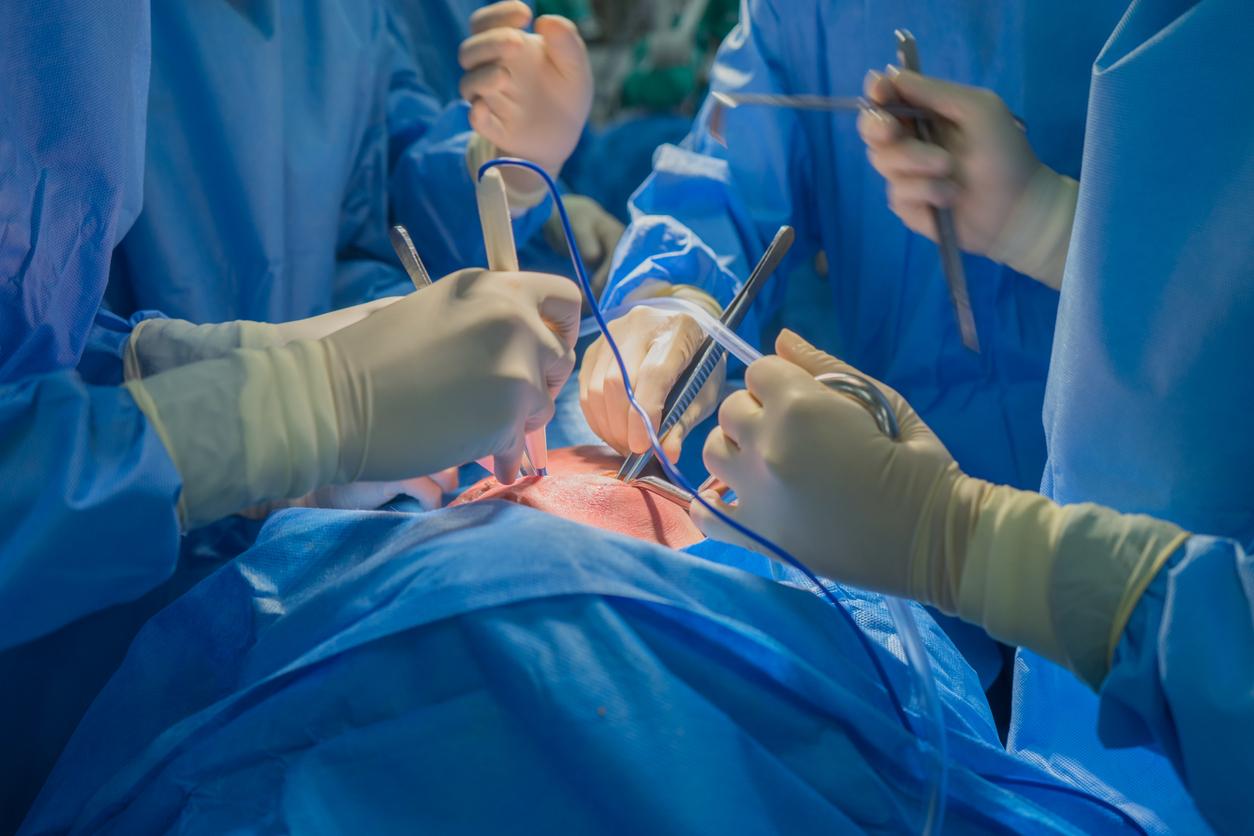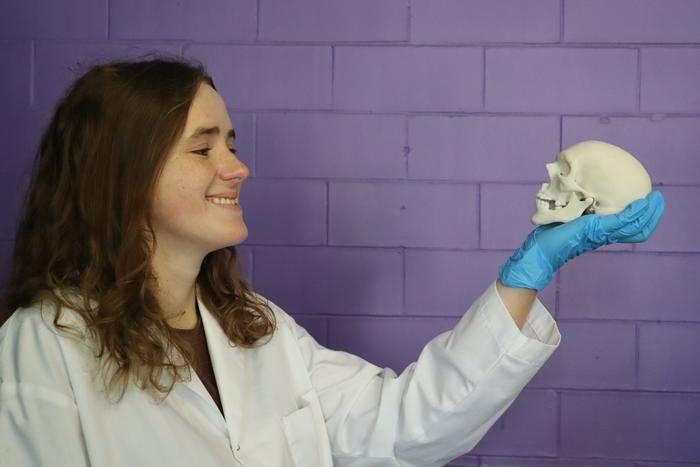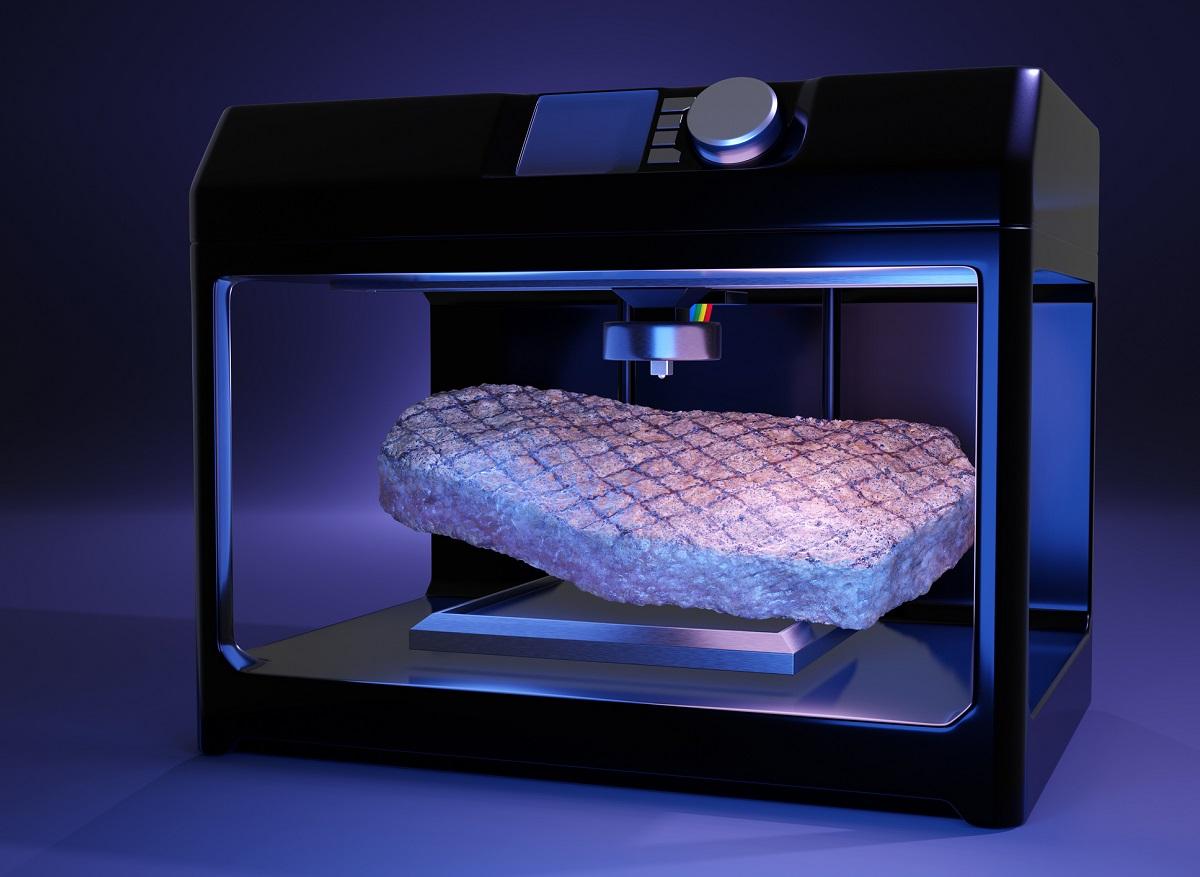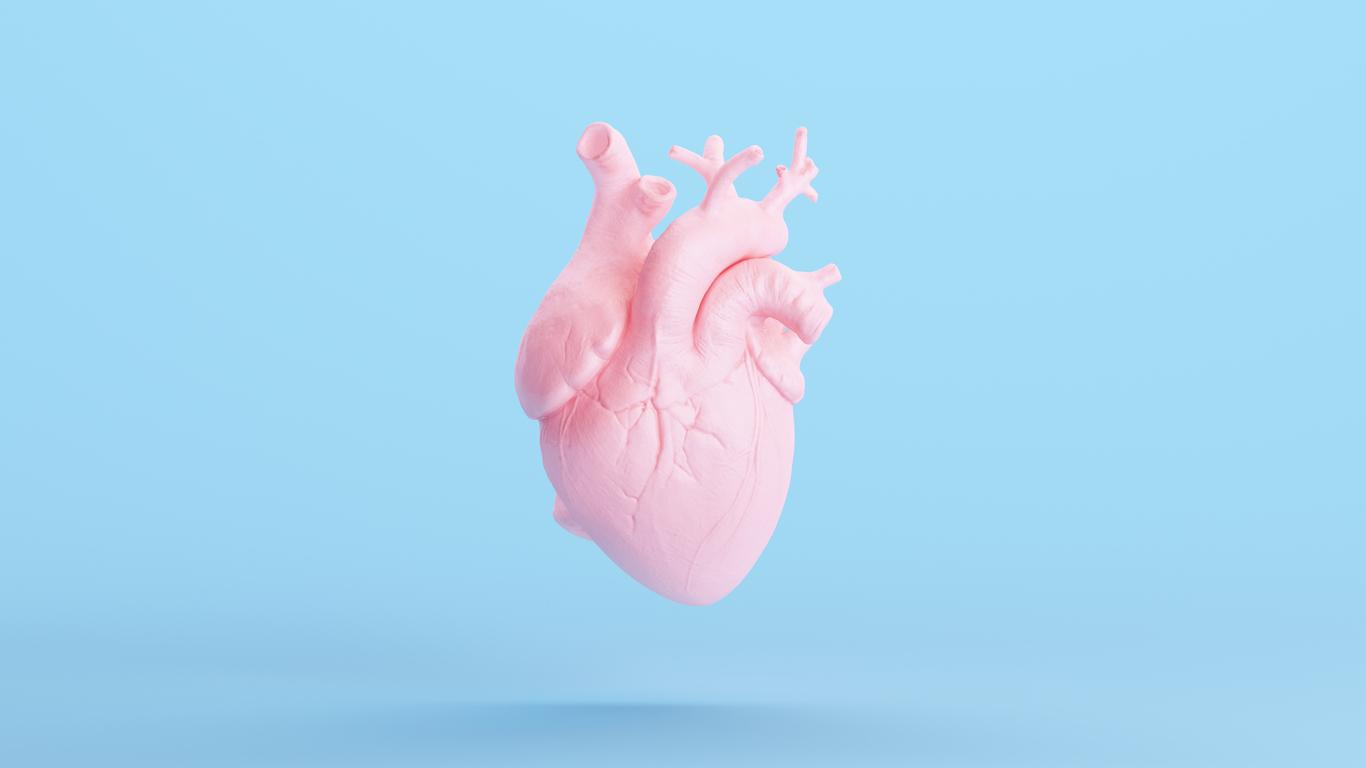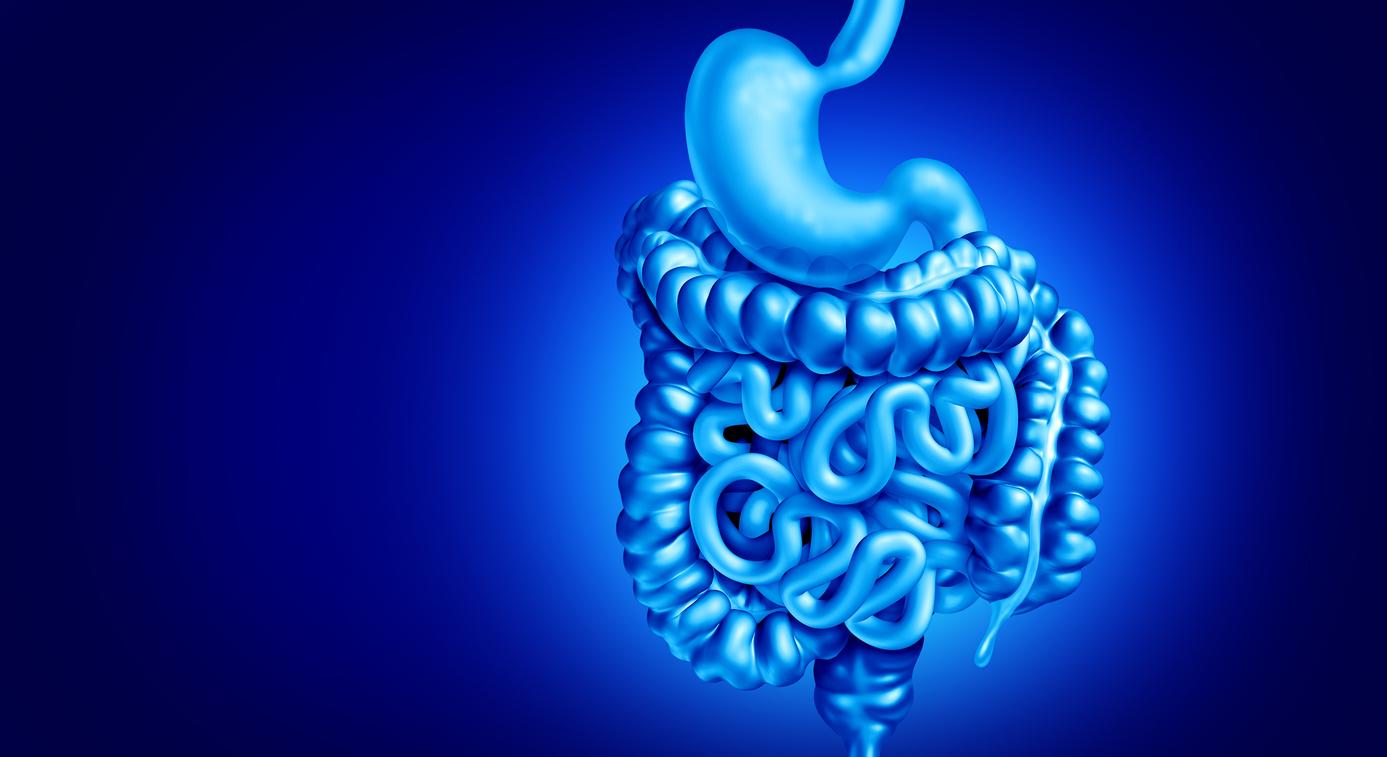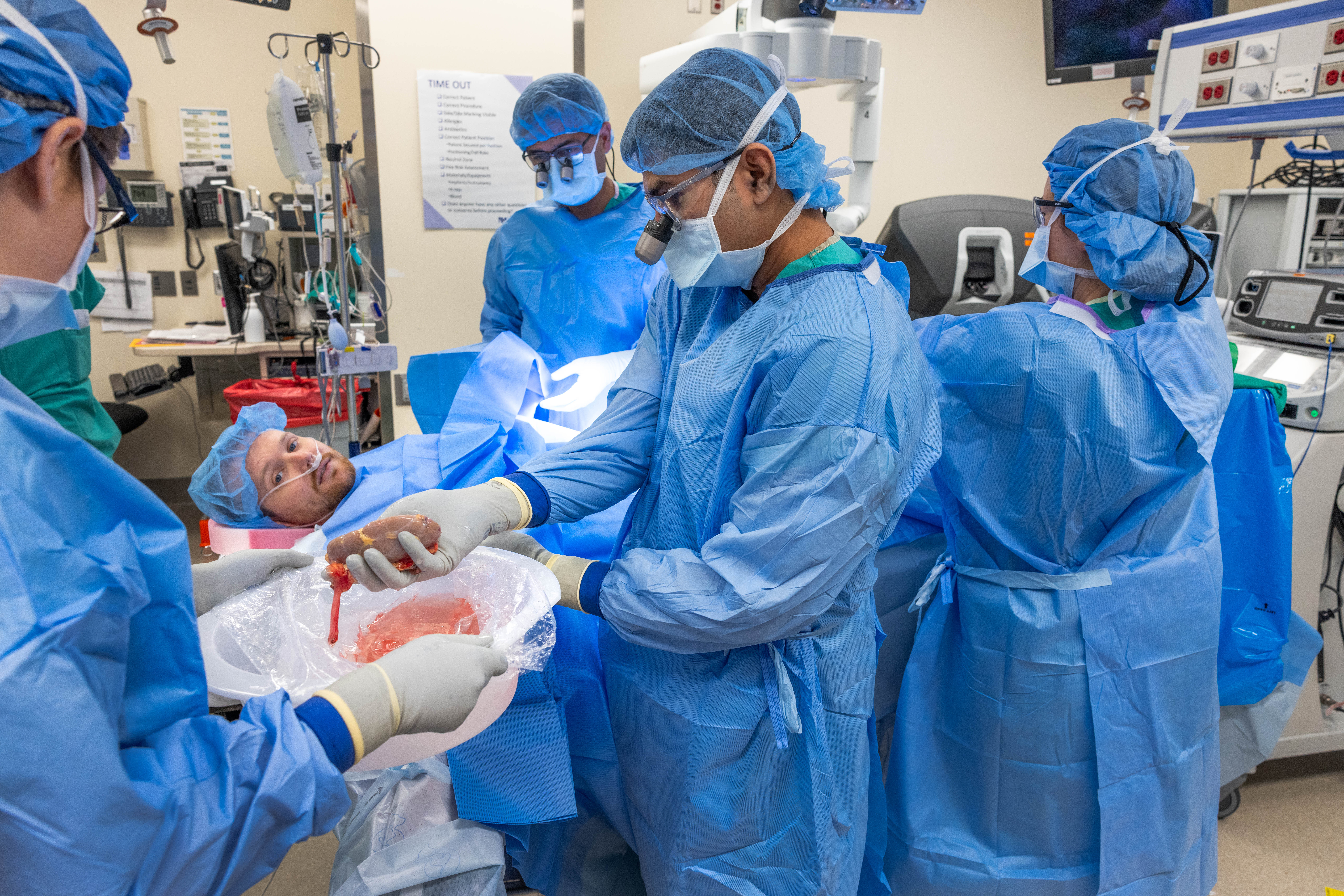More and more organs are being replaced by prostheses made by 3D printing.

- 3D printed organs have made significant progress in recent years.
- For the moment, it is not yet possible to transplant vital organs.
- 10,810 French people are on an active waiting list for an organ transplant.
Progress is increasingly important in the field of 3D printing. Last August, for the first time, a patient with head and neck cancer was able to benefit from 3D printed lower jaw graft. A year earlier, a Londoner received a ocular prosthesis made by 3D printer. But also of 3D printed skin and blood vesselsa 3D functional heart valveA artificial skull, etc. The list of advances in recent years continues to grow.
No functional vital organs at the moment
“3D printing makes it possible to produce mass-produced parts at a lower cost, but also custom-made parts, conforming to the patient’s anatomy”underlines Jean-Christophe Fricain, director of ART BioPrint in Bordeaux (Gironde) for the media I’m interestedwhile relativizing: “It is currently not possible to print functional organs. In living tissue, there is a network of blood vessels of varying diameters and with different properties. It’s difficult to reproduce technically.”
There are several steps to create a 3D organ. It must first be conceptualized on a computer, clearly defining the biological tissues, the necessary bio-ink and the cells necessary for the organ. Then, the printing is done in successive layers until a 3D organ is obtained.
3D printing for transplants?
For the moment, even if research is progressing, it is not yet possible to transplant vital organs in 3D because the biological functions are not set up and there is no vascularization either.
Nevertheless, these 3D organs are very useful in the medical field. “While waiting for results, bioprinting is mainly used to make clusters of cells to test drugs or avatars of tumors to observe how cells multiply there.”, concludes Jean-Christophe Fricain.
The issue of 3D organs is important because there are strong needs for transplants in France. Indeed, according to the Biomedicine Agencyas of January 1, 2023, there were 10,810 patients on the active waiting list for an organ transplant (i.e. immediately eligible), all organs combined.









